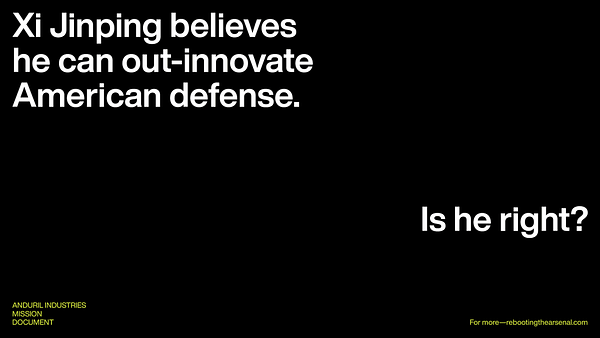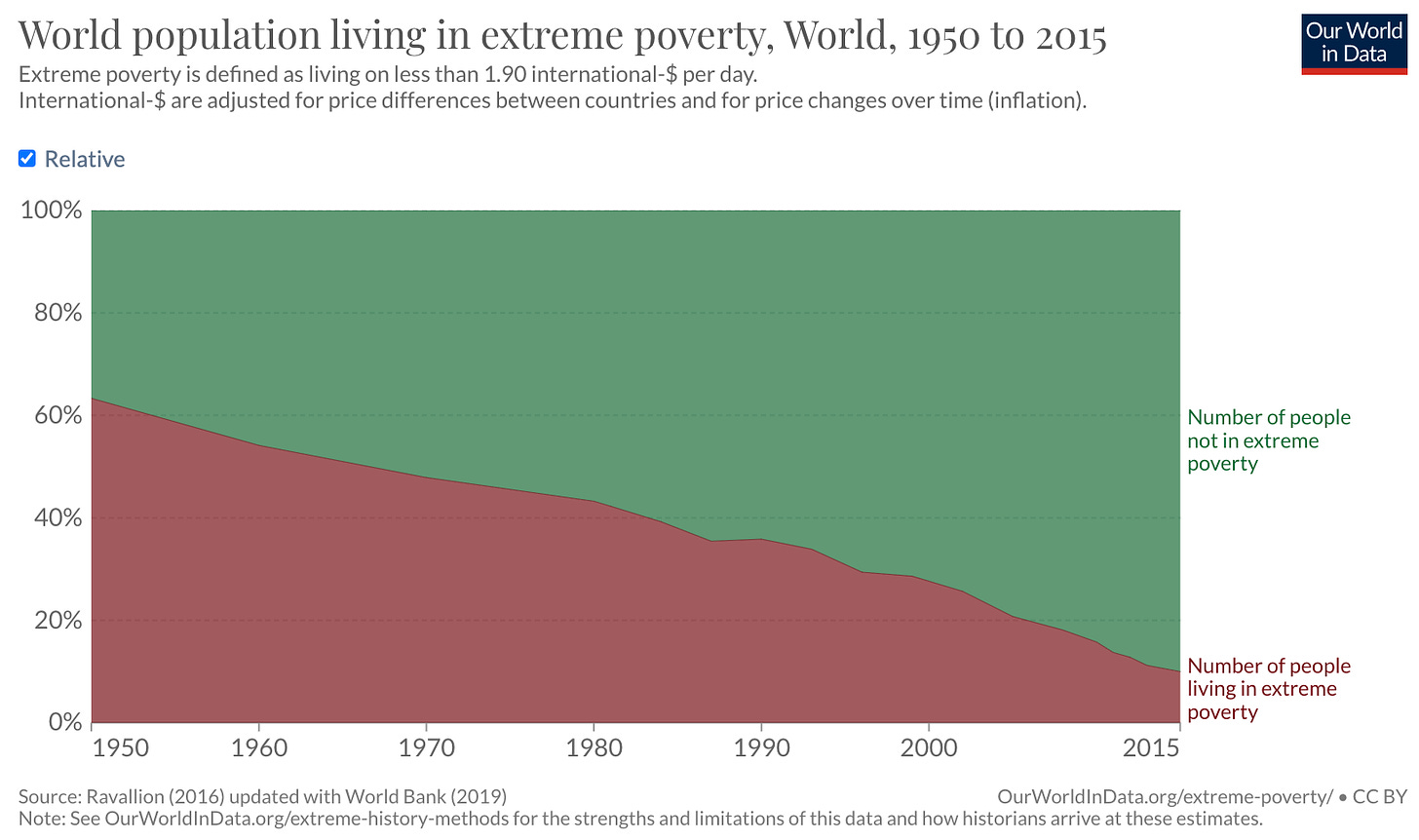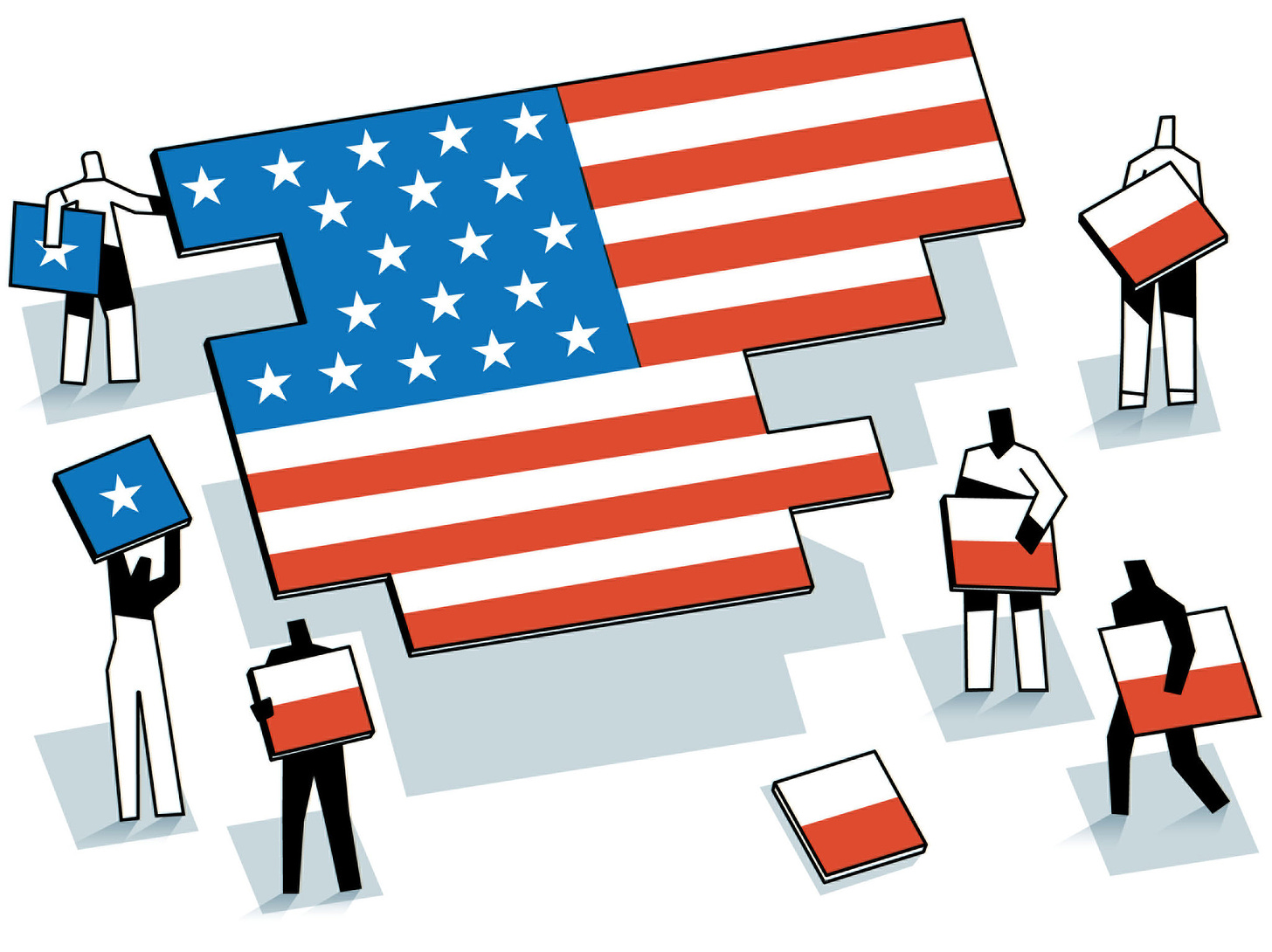🇺🇸 The life, death, and re-birth of Silicon Valley patriotism
Anduril, Astranis, ABL, Palantir, Hermeus, Shield AI, and more
At its founding, Silicon Valley was a fervent supporter — and crucial enabler — of American national defense:
For the first two decades after World War II, Silicon Valley was really “defense valley.” It built chips and systems for the DoD and intelligence community. Innovation in Silicon Valley started post-World War II with funding to Stanford University from the Office of Naval Research…
The first major contract for the fledging semiconductor companies was for the guidance systems for the Minuteman II intercontinental ballistic missile and then the Apollo spacecraft. During the Cold War, Lockheed was Silicon Valley’s largest employer, building three generations of submarine launch ballistic missiles, satellites and other weapons systems. Arguably, our ability to mobilize the resources of Silicon Valley was critical to the U.S. ultimately prevailing in the Cold War competition with the Soviet Union.
Those post-World War II years saw unprecedented levels of intellectual, scientific, moral, artistic, cultural, and social advancement — we eradicated disease, advanced human rights, and pulled people out of poverty.
Silicon Valley also flourished in the post-war decades. The seeds planted by defense investment in the ‘40s and ‘50s took root and flowered, producing many of the most important companies of the 20th and 21st centuries: Microsoft, Google, Facebook, Apple, Amazon, and more.
But as the Pax Americana settled in, Silicon Valley started to distance itself from the defense-industrial complex.
The reasons for this shift are complicated — likely a mix of Silicon Valley’s progressivism, the systemic shock of the Trump presidency, and taking peace for granted during Pax Americana. I’m not smart enough to know the full answer, but that’s not the point. The point is: the shift happened.
Much of Silicon Valley, a region co-founded by the military-industrial complex, has now become explicitly anti-war and anti-military.
Luckily, what goes around comes around and defense-minded startups are re-emerging in Silicon Valley.
Palantir (big data management) led the way, and Shield AI (AI pilots), Astranis (small satellites), ABL (small rockets), Hermeus (hypersonic jets), and many more have followed. Investors are also getting on board: Founders Fund was the trailblazer, Andreessen Horowitz recently established an American Dynamism practice, and Harpoon is a new, defense-focused fund that helps its portfolio companies enter the government market.
The tides are turning. And I have yet to find any better explanation of the importance of this sea change in Silicon Valley than the manifesto recently published by standout defense startup Anduril:


I strongly recommend following the link in the tweet above, paging through Anduril’s mission statement, and reflecting on what it will take for America to thrive in a new era of great power competition with China and Russia.
🇺🇸 Happy Fourth of July, Outsiders!
Next week, we’ll be back to our normal programming — another edition of MBA 80/20: Silicon Valley Startups, this time focused on Venture Capital 101. (With lots of bonus content for subscribers.)





